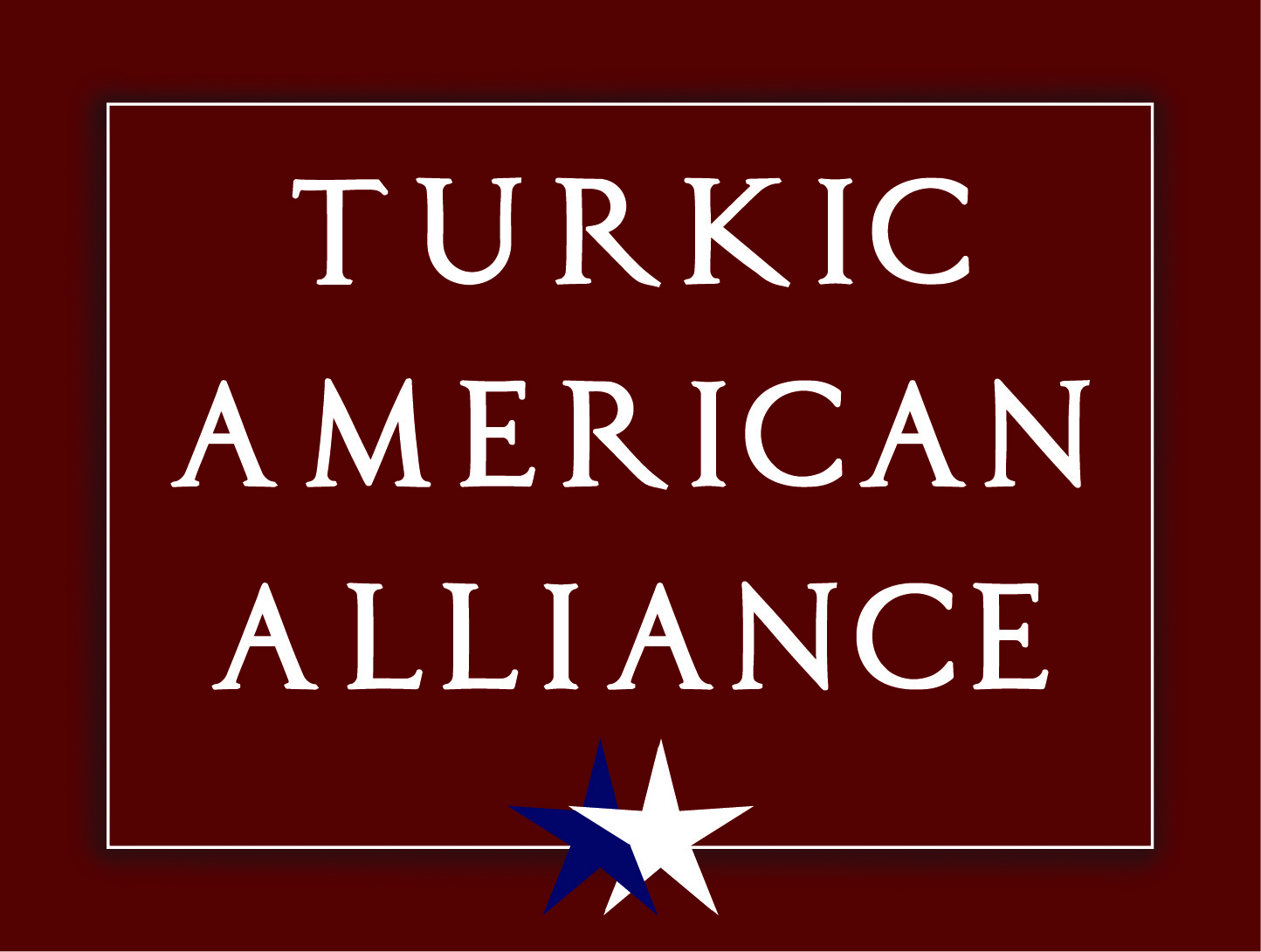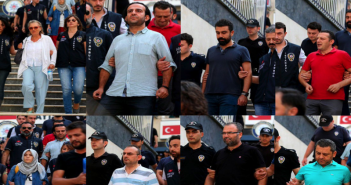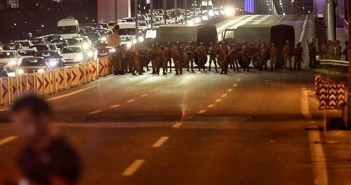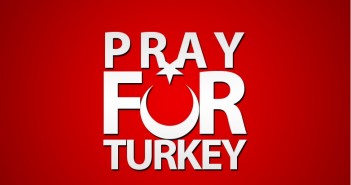The Executive Director of the Rethink Institute, Dr. Fevzi Bilgin, published in January 2014 a report regarding Turkey’s ongoing graft scandal. The Rethink Institute is a private, nonprofit, nonpartisan research institution devoted to deepening our understanding of contemporary political and cultural challenges facing communities and societies around the world, and in realizing peace and justice, broadly defined. The Institute pursues this mission by facilitating research on public policies and civic initiatives centering on dispute resolution, peacebuilding, dialogue development and education. Towards these goals, the Institute sponsors rigorous research and analysis, supports visiting scholar programs, and organizers workshops and conferences. Please find below Rethink’s report, entitled “Turkey Brief: Corruption Scandal and Ensuing Political Crisis.”
——————————————————————————————————————————————————————————————————————–
An observer recently quipped that Turkey is always on the news but for all the wrong reasons. The latest episode involves a wide-ranging corruption inquiry, the largest in the history of the republic, connected to cabinet ministers, businessmen, and international facilitators. The inquiry quickly led to a political crisis, thanks to attempts by the government to deflect the charges and stop the inquiry from expanding into other more serious charges. A dizzying two-week period has been marked by hurried restructuring in the cabinet, bureaucracy, and police forces. The public was exposed to a continuous barrage of political harangues, character assassinations, and media manipulations. Consequently, Turkey ended 2013 with an ever more polarized and divided public and a government plagued by corruption allegations.
WHAT HAPPENED
On December 17, 2013, a wide-ranging corruption inquiry launched by Istanbul district prosecutors over a year ago resulted in the detention of about 50 individuals, including businessmen with close ties to the government, sons of cabinet ministers of interior, economy, and housing, and the head of a state. The inquiry consisted of separate investigations involving the construction business, public financing of real estate projects, and an elaborate money-laundering scheme through Halkbank. During the raids at the houses of the suspects, the police discovered stacks of cash stuffed in shoeboxes, safes, and money counters. The focus of the probe was Reza Zarrab, a businessman of Iranian descent. Prosecutors provided evidence that included photos, video clips, phone conversations, and records of payments. The evidence reveals collaboration between Mr. Zarrab and the sons of ministers, the minister of EU affairs, and the Halkbank executive. Mr. Zarrabis suspected of laundering $120 billion from Iran through various firms in Turkey between 2009 and 2012, presumably to help Iran circumvent the sanctions due to its nuclear program.
Halkbank, which has been the clearing house for Turkey’s oil-to-gold trade with Iran, northern Iraqi oil deals, and the Iran-India oil trade, was used to transfer the cash, while the sons of the ministers were clearing bureaucratic obstacles. One of them was charged with illegally procuring Turkish citizenship for Iranian nationals for a hefty price. Moreover, Minister of Economy Zafer Caglayan and Minister of EU Affairs Egemen Bagis were charged with accepting bribes from Mr. Zarrab. Eventually, 26 of the detainees, including Mr. Zarrab and two sons of the ministers, were arrested.
As soon as the probe was launched, the government immediately moved to obstruct, slow it down through various questionable actions. First, the police chiefs who were involved in the investigation under the direction of the prosecutors were all moved to other posts. Next, two new prosecutors were assigned to the investigation. Finally, the Istanbul police chief was replaced, purportedly for questioning the conduct of the newly assigned police chiefs. Some police chiefs in Ankara and Izmir were also moved to other posts. In the meantime, the press room in the police district office was closed and reporters dismissed. On December 21, the government amended judicial policing regulation to require police chiefs to inform their superiors about all investigations.
On December 25, three cabinet ministers resigned their posts as part of a cabinet reshuffle, and in the end, 10 cabinet ministers were replaced. In the meantime, a separate corruption investigation was revealed. This time, the charges included bribery and illegal commissions amounting to tens of billions of dollars. The prosecutor posted a list of 41 detainees who included high profile business people very close to Mr. Erdogan and his family. Also included was controversial Saudi businessman Yasin al-Qadi, and a summons for Mr. Erdogan’s own son for testimony. Despite the charges, the police did not comply with the prosecutor’s demand and did not detain the suspects. The prosecutor was also prevented from entering the district police office. In protest, the prosecutor first distributed copies of the summons to reporters, and then filed a lawsuit against the governor of Istanbul, the new district police chief, and the police officers. In response, the Istanbul chief prosecutor removed the prosecutor from the case. However, the case has continued without any detentions and the assets of seven businessmen and two companies have been frozen, albeit 10 days late.
On December 26, The Supreme Board of Judges and Prosecutors (HSYK) said in a statement that an independent judiciary is a guarantee to protect citizens from the excesses of government and condemned the move by the government to amend police procedure for judicial investigations. The next day, the Council of State, the top administrative court, overturned the government’s amendment. The government continued to reassign more than 1000 police chiefs and officers across the country. The government also introduced a bill that contests the constitutional prerogatives of the Council of State.
POWER STRUGGLE BETWEEN ERDOGAN AND GULEN?
The ongoing crisis in Turkey has frequently been portrayed by the media as a power struggle between Prime Minister Erdogan and Fethullah Gulen. Mr. Gulen is a 72-year-old Islamic scholar who left Turkey for the United States in 1999 and has since been living in self-imposed exile in the Poconos. Mr. Gulen is the “spiritual force” behind a global movement—the Hizmet or Gulen Movement—that has drawn a considerable number of adherents to his teachings of peace and toleration in Turkey and the world. The movement is active in all but a few countries and is widely known for its schools, and dialogue and cultural centers.
The Hizmet movement had been supportive of AKP policies of democratization, EU membership, and demilitarization of politics. However, it has lately grown weary of stagnated reforms, failure of constitutional redrafting, and muddled foreign policy. Recently, the movement was very vocal against the government’s decision to shutter private preparatory schools (see the earlier brief on the issue). When the December 17 probe was launched, Mr. Erdogan and his lieutenants immediately downplayed the corruption charges and portrayed them as a retaliation attempt devised by sympathizers of Mr. Gulen in the Turkish judiciary and police. Consequently, the government moved to reshuffle prosecutors and police chiefs, who, ostensibly and illegally, were profiled earlier as ‘adherents’ of Mr. Gulen. Mr. Erdogan went on to claim that there is a clandestine “parallel state” within the judiciary and bureaucracy that conspires against his government and needs to be eradicated.
The claims of plotting, a parallel state, spying, espionage and other conspiracies were vehemently denied by Mr. Gulen. The Istanbul-based Journalists and Writers Foundation (gyv.org.tr) said in a statement that “Claims that our honorary president, Fethullah Gulen, and the Hizmet movement are ‘linked to the prosecutors’ conducting the graft probe or that they made the prosecutors launch the investigations because they are the cat’s paws of external powers are heinous slander.” The statement also challenged the government, stating that “a parallel state is unacceptable in a democratic country. If there really is such a parallel network, the government must produce evidence of it.”
The portrayal of the current crisis as a power struggle essentially distracts the general public and serves the government’s interest in deflecting the corruption charges. Despite rumors and allegations, in its 11 years of rule the AKP has never faced significant corruption charges, so the public is very much interested to see the results of the inquiry. It should be noted that since the scandal erupted, five AKP deputies have left the party in protest of the allegations and the government’s denial. Two other deputies left earlier during the prep school debate. In a live interview, Erdogan Bayraktar, the minister of urban planning, a close confidant of Mr. Erdogan, declared his intention to resign both his ministerial and deputy posts, but instead he was fired the next day. He went on to say that every action that is targeted by the prosecutors was done with the knowledge of Prime Minister Erdogan and it is he who should resign. Deputies who left the party so far, including former minister of culture Ertugrul Gunay, came up with very tough statements critical of increasing unilateralism, one-man rule, and lack of dialogue and deliberation within the ruling party and the government. Idris Naim Sahin, former minister of the interior and Mr. Erdogan’s personal friend and colleague since their high school years, criticized reassignments in police forces as illegal and pointed out that a “small bureaucratic and political oligarchy with unknown goals” dominated government structures.
The Erdogan government not only denounced the corruption inquiries as bogus, but also portrayed them as plots aiming to overthrow the AKP and Mr. Erdogan. Besides Mr. Gulen and the Hizmet movement, blame also went to the United States, Israel, the CIA, and the Mossad. At some point in time, the pro-government media launched a concerted attack against US Ambassador Francis Ricciardone as the “sheikh” of anti-AKP conspiracies, but retreated after an unusually strong reaction from Washington. Lately, David Petraeus has also been featured as the instigator of the plots.
The more the government scrambles to obstruct the inquiries by means of pro-government rallies, systematic media campaigns, and, of course, bureaucratic reassignments, the more suspect it becomes in the public eye. The wild roller coaster in the last weeks has left a sour mood in the country. This will certainly have an impact on the upcoming local elections at the end of March. However, Turkey appear to have more fundamental problems, given the current disconnect between the judiciary and the police forces thanks to the government’s reactions to the corruption probes, the ongoing slaughter in other ministries and agencies, and known plans to introduce bills aiming to hamper an independent judiciary and diminish government accountability.




